- Home
- The books every teacher should read
The books every teacher should read
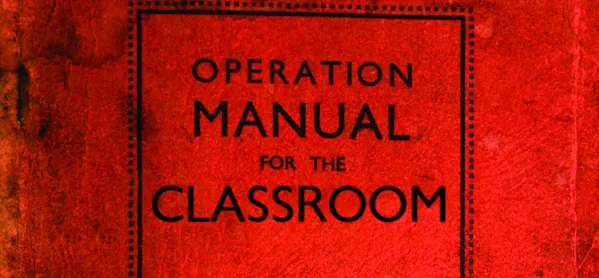
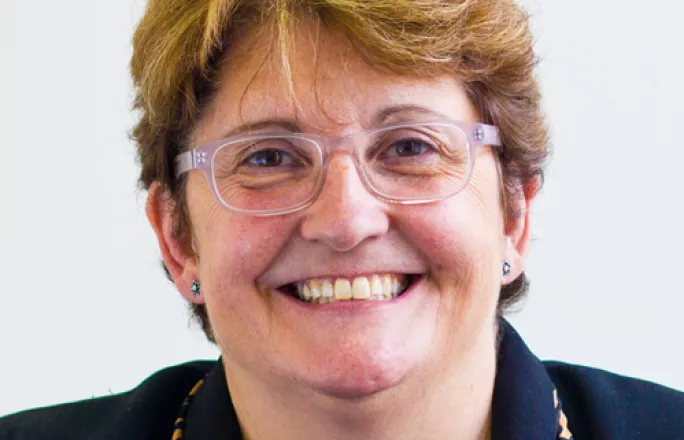
Professor Sonia Blandford, founder and chief executive of Achievement for All
How to Create Kind Schools by Jenny Hulme (Jessica Kingsley)
“This book is very different from other guides to bullying. Uniquely it brings together 12 charities (and their celebrity ambassadors) to discuss bullying, and how to prevent it. Readers are invited into settings embracing the charities’ ideas and that reveal magnificent and moving results. From peer mentors to gay role models, achievement coaches to a touring Gypsy and Traveller theatre group, the stories are threaded together by a focus on promoting understanding. They demonstrate how we can all help create a generation of ambassadors for tolerance and diversity, and how a kind school is a good school, but a really kind school is an outstanding school.”

Tom Bennett, TES columnist, behaviour expert and teacher
The Science of Learning (Deans for Impact)
“I believe this text is one of the most important reference guides for teachers published in many years, and should be compulsory reading in initial teacher training. It offers a super-brief summary of what the best research tells us about how children really learn, how memory, attention and focus work and, more importantly, what this means for classroom practice. In an educational system where terrible science often dominates, it’s refreshing to see something so carefully put together, and translated into a language that neither patronises nor confuses the classroom practitioner. It’s brilliant and best of all completely free to download.”
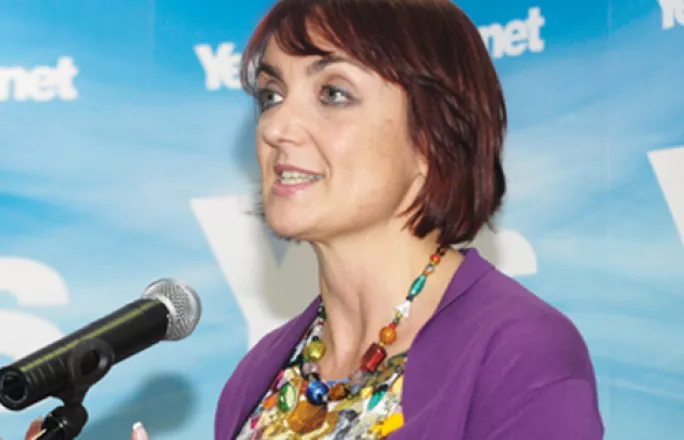
Angela Constance MSP, Scottish education secretary
Team of Rivals: the political genius of Abraham Lincoln, by Doris Kearns Goodwin (Simon and Schuster)
“I often recommend to friends and colleagues Doris Kearns Goodwin’s Pulitzer Prize-winning biography of Abraham Lincoln. She narrates wonderfully how he rose to become the unexpected winner of the Republican nomination for president by building alliances. In office, he brought together all his former rivals into a cabinet team and used all their talents to win the Civil War and to amend the Constitution to bring an end to slavery.”
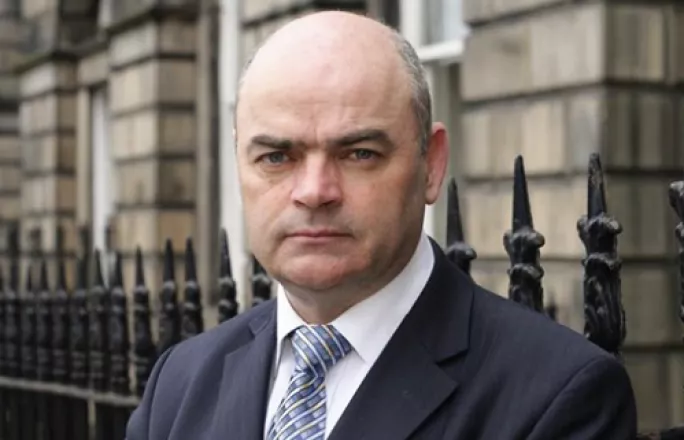
Larry Flanagan, general secretary of the EIS teaching union and a former English teacher
Treasure Island by Robert Louis Stevenson
“Teachers should read primarily for enjoyment; for the chance to escape to a different reality - to experience different worlds. The choice is endless, but if I was to advocate a single book, and that inevitably is a challenge, I would suggest Treasure Island by Robert Louis Stevenson. It is a book I remember with joy from my childhood and which I have re-read several times. The storyline may well be familiar to many but only reading the text allows Stevenson’s art with language and imagery to transport you to an adventure beyond compare - it certainly did with me as a child, cementing a lifelong love of books.”
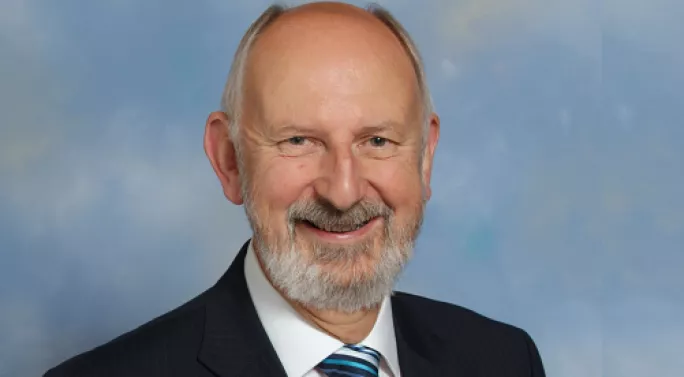
John Dunford, chair of Whole Education
The Blunders of Our Governments by Anthony King and Ivor Crewe (Oneworld Publications)
“Teachers are more subject than most people to the winds of policy change as governments and secretaries of state (33 since 1944) change and an increasing amount of legislation is introduced. The causes of government blunders are many - the cultural disconnect between governing and governed, media-led panic, the musical chairs of ministers and civil servants, the divorce between policymaking and implementation, impatient ministers and short-termism, to name some of the causes that have undoubtedly blighted education policy for the last 30 years. The education example in the book is the Individual Learning Accounts fiasco (the ‘great training robbery’ of 1996-2001). Teachers will no doubt add their own suggestions.”

Kenneth Muir, chief executive, General Teaching Council for Scotland
Schooling Scotland: education, equity and community by Daniel Murphy (Argyll Publishing)
“At a time when the OECD report Improving Schools in Scotland suggests that the Scottish education system is on the road to becoming world-leading, it is interesting to note the parallels in their findings to the well-researched analysis provided in this book published over a year earlier. In just over 100 pages, and in a highly readable and pragmatic manner, Daniel Murphy explores key issues ranging from equity and inequality, school governance and accountability, to the use of standardised assessments and the school starting age. His optimistic conclusions for the future of Scottish education mirror closely those of OECD.”
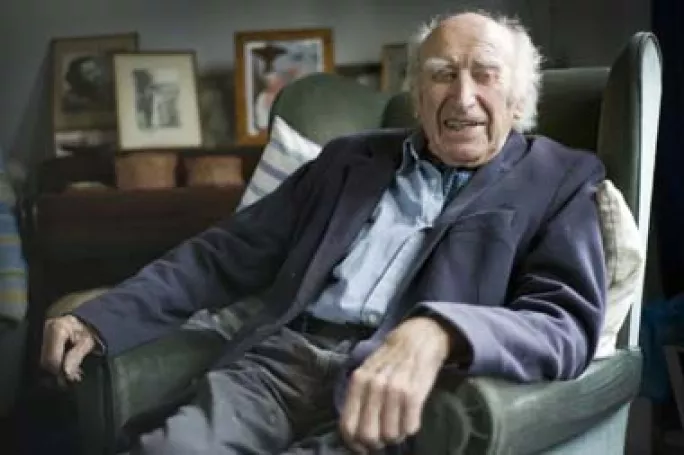
Fred Jarvis, former general secretary, NUT teaching union
Finnish Lessons by Pasi Sahlberg (Teachers College Press); When China Rules the World by Martin Jacques (Penguin)
“Finnish Lessons is an uplifting book for teachers, showing what can be done for them in terms of making teaching the most respected and sought-after profession, if the government treats them as they should be treated. By contrast, given that we now have 150,000 Chinese students in this country, and China will become the dominant country in the world in which students grow up, I recommend Martin Jacques formidable book. It provides a vision of the future in which children are going to grow up and an understanding of what is going on there.”
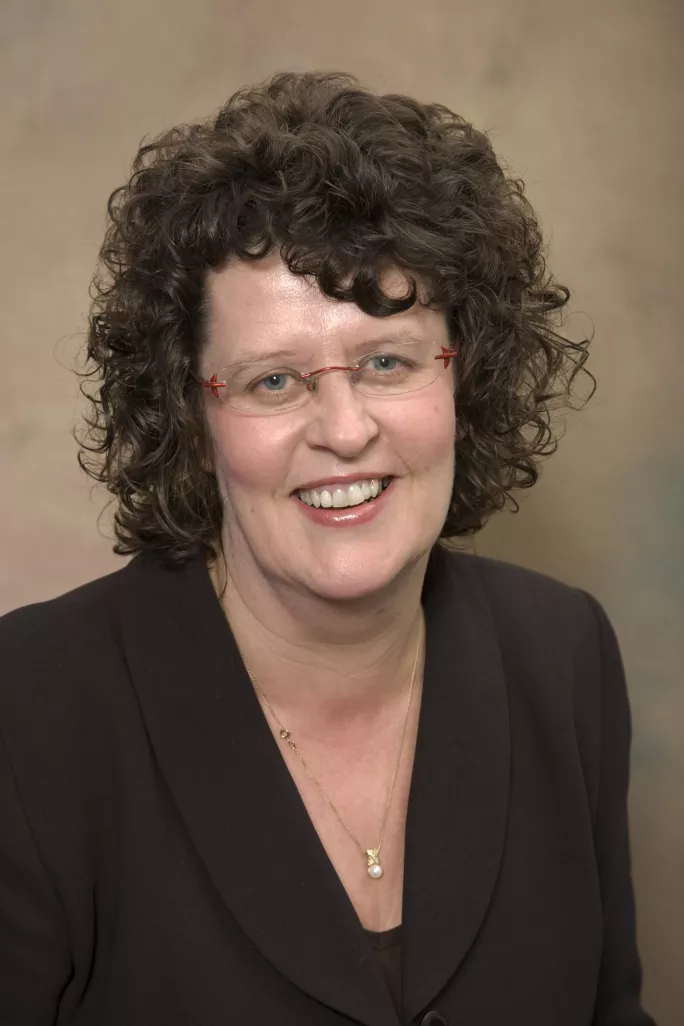
Gill Stewart, director of qualifications development, Scottish Qualifications Authority
The Expert Learner: challenging the myth of ability by Gordon Stobart (OUP)
“Gordon Stobart challenges the premise that ability is fixed or limited by our genetic inheritance, and instead argues that it can be developed. He draws on lessons learned from child prodigies in music, and from successful men and women in sports, IT and science. He uses these examples to draw out some of the key ways ability can be developed, such as giving people opportunities, the need for deliberate and extensive practice, having high expectations and motivation. He also discusses approaches to diagnostics and assessment and the role of mentoring.”
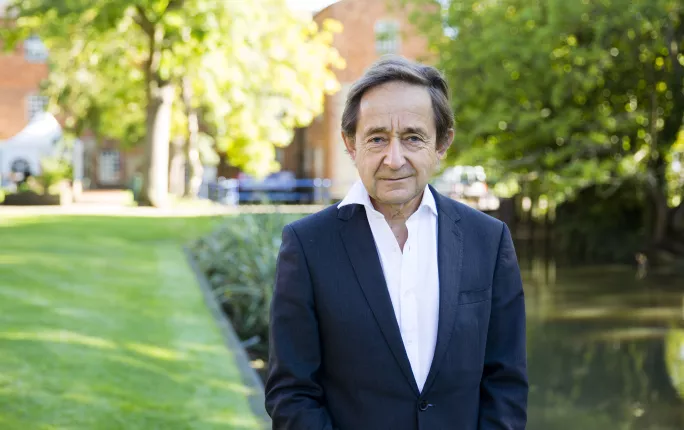
Sir Anthony Seldon, vice-chancellor, University of Buckingham
Hard Times by Charles Dickens
“This is the best book about education. It shows that narrow pedants and bureaucrats, who think facts and testing are all education is about, have been around for many years. It shows the damage their ideology inflicts. The book, written 160 years ago, is a triumphant celebration of the importance of individuality, creativity and love, all of which can be drilled out of the young by factory schooling. It is a profoundly moving, funny and optimistic book. I am turning it into a contemporary play as its message so badly needs to be heard more widely.”
You can read the complete list in the 18 December edition of TES. Subscribers can view the full version here. To download the digital edition, Android users can click here and iOS users can click here. Or pick it up in all good newsagents.
Want to keep up with the latest education news and opinion? Follow TES on Twitter and like TES on Facebook
Keep reading for just £1 per month
You've reached your limit of free articles this month. Subscribe for £1 per month for three months and get:
- Unlimited access to all Tes magazine content
- Exclusive subscriber-only stories
- Award-winning email newsletters



